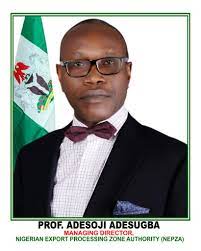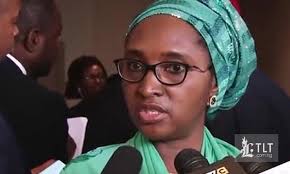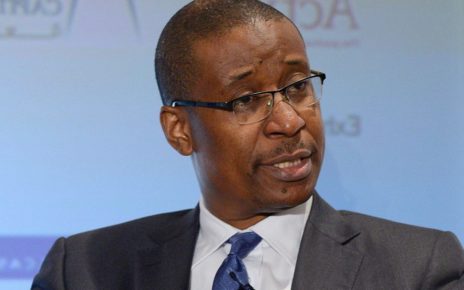The Managing Director of the Nigeria Export Processing Zones Authority (NEPZA), Prof. Adesoji Adesugba and his Oil and Gas Free Zones Authority’s (OGFZA’s) counterpart, Sen. Tijjani Kaura, have reported that the two free zones attracted about $46.6 billion investments into the country since they commenced operations.
The FTZs supervisory CEOs made this disclosure at the 30th Anniversary of Free Trade Zones Scheme in Nigeria in Abuja.
Speaking at the forum, Adesugba disclosed that the free trade zones being regulated by NEPZA attracted over $30 billion investments since inception of the scheme in 1992, while Kaura hinted that the OGFZA since it kicked off in 1996 attracted $16.6 billion investments to the country.
The NEPZA boss described the FTZ concept as a key driver of the nation’s economy and that the authority now had over 600 enterprises under its regulatory supervision that provide 150,000 direct employment and an estimated 400,000 indirect employment.
Adesugba explained: “To date, the zones have attracted over 30 billion dollars investments which is expected to exponentially increase in the next few years with our sustained incentives and aggressive investment drive across the world. The future is bright for the Free Trade Zone scheme in Nigeria.
“And again, we express our profound appreciation to the President Muhammadu Buhari-led administration for the approval given for the establishment of six Special Economic Zones and the earmarking of four international airports as Free Trade Zones in 2021”, he added.
Promising that NEPZA will continue its reforms to position the scheme for global competitiveness, the NEPZA’s boss disclosed that the authority had established Special Economic Zones Dispute Resolution Centre to mediate in disputes among operators in the zones as well as Special Economic Zones Security outfit to professionally secure lives and investments in the zones.
In addition, he spoke on the Special Economic Zones Training Institute Kano which was established by the authority to help bridge the knowledge gap in the free zones scheme and the automated platform to digitalize the operations of the scheme for enhanced efficiency and accountability.
Adesugba clarified: “In the last 30 years, the scheme is operating under robust fiscal incentives as enunciated in the enabling Act. These provisions have enabled the Authority to checkmate attempts by revenue-generating agencies to over reach themselves in collection of taxation and levies.”
Also speaking at the event, the OGFZA’s Managing Director said that oil and gas free trade zones attracted over 200 companies and that the scheme had created over 200,000 direct and indirect jobs, thereby contributing to local content development.
He lamented that despite the achievements made so far, the scheme still faced some challenges, including its inability to deliver key economic developmental indices unlike free zone schemes in other locations.
Kaura expressed the readiness of the authority to partner other relevant agencies in order to translate the huge economic potential in the mid and downstream sectors of the hydrocarbon resources industry to national socio-economic gains.
He, however, maintained that achieving this would require aligning the authority’s operations with the Medium-Term National Development Plan 2021-2025 and providing model development centres for achieving the African Union Agenda 2063 in collaboration with other international development partners.




